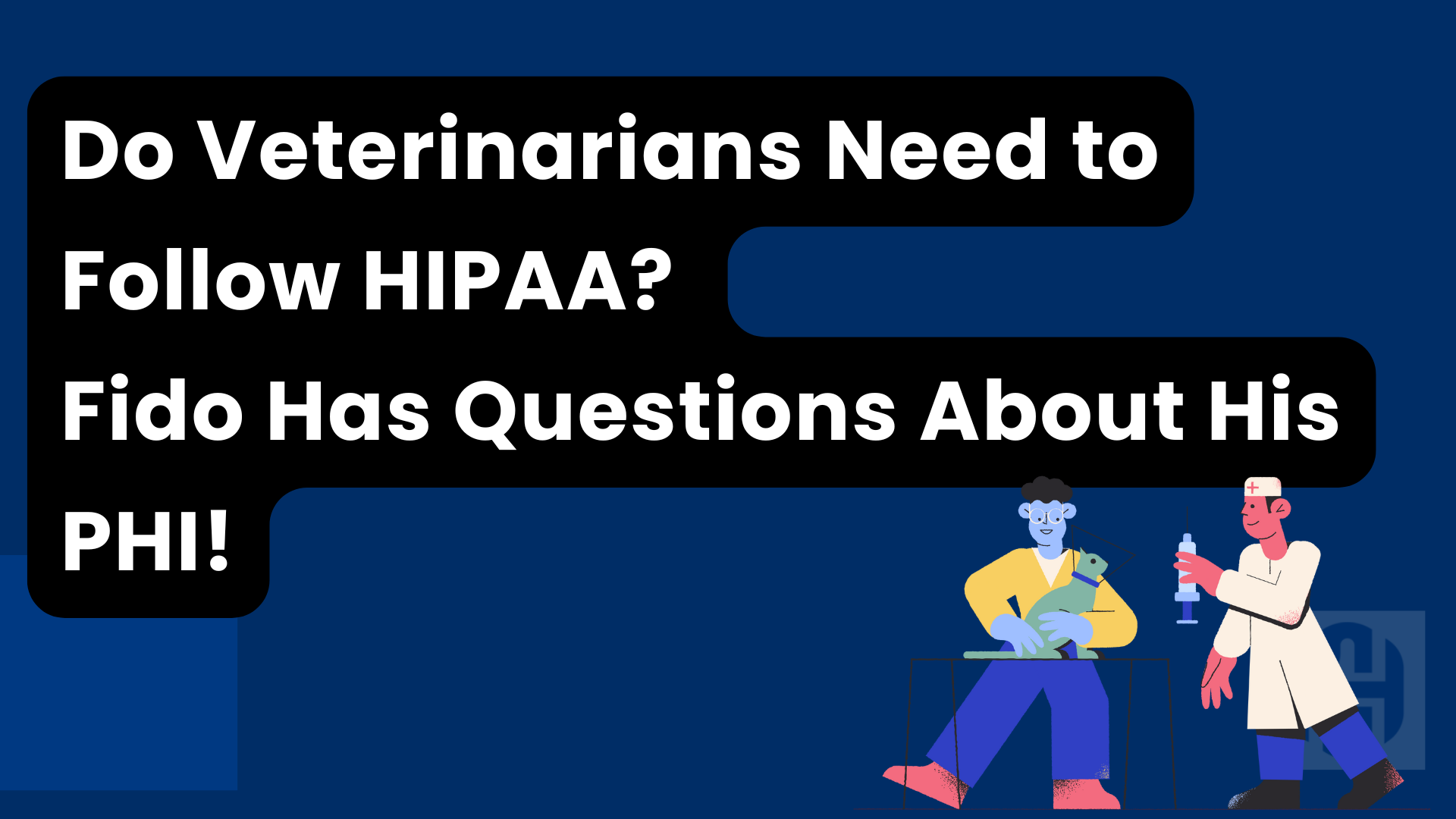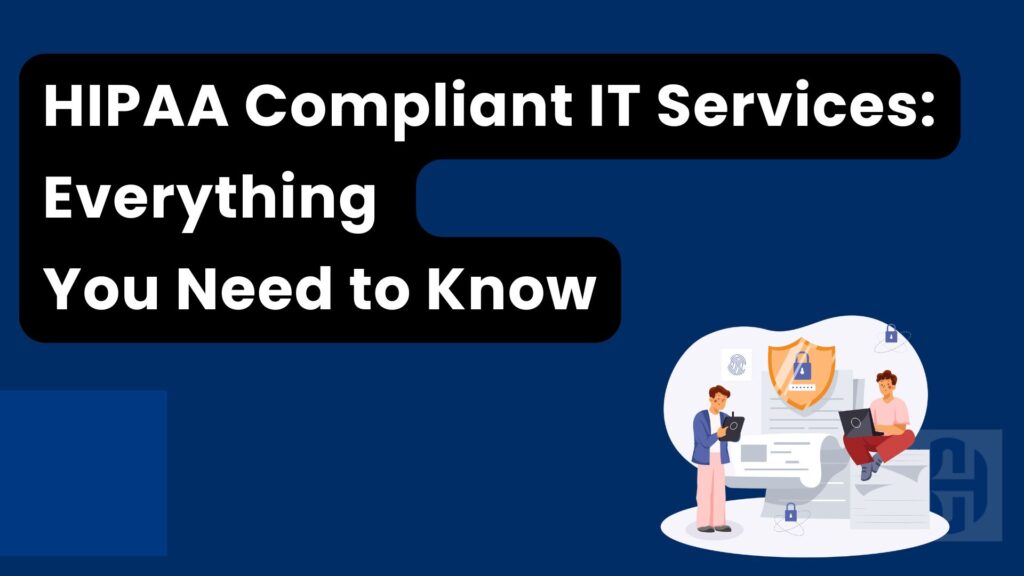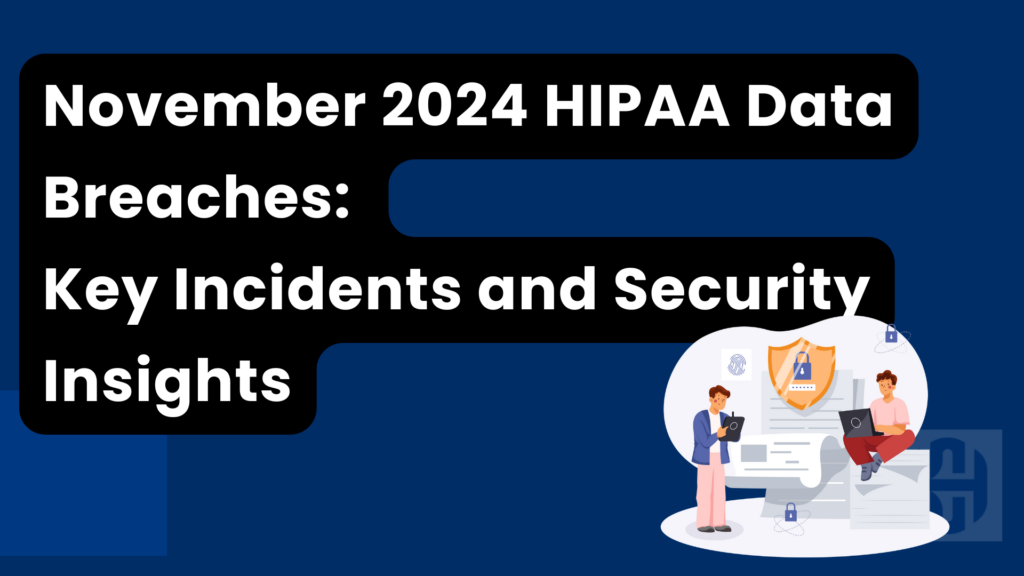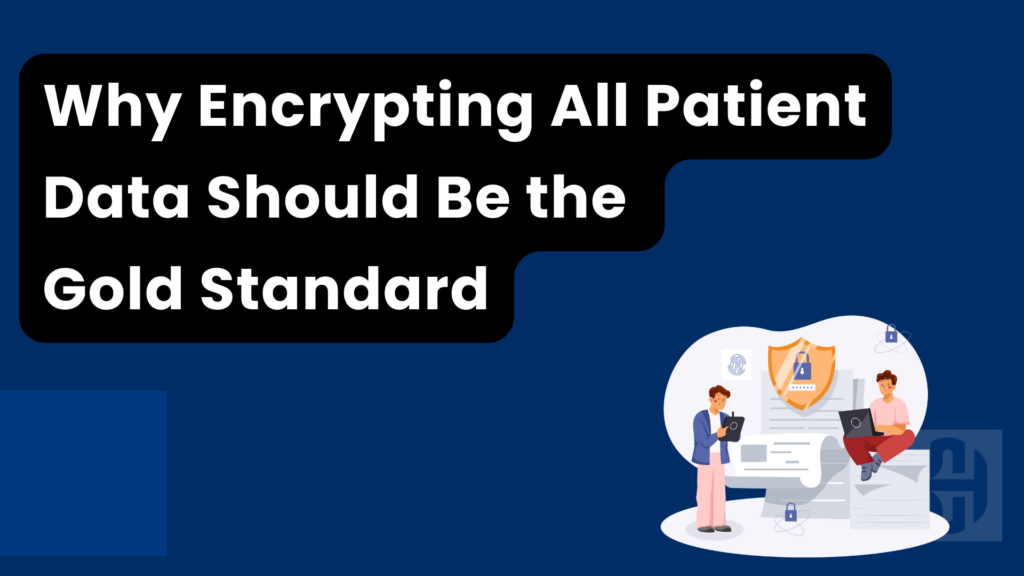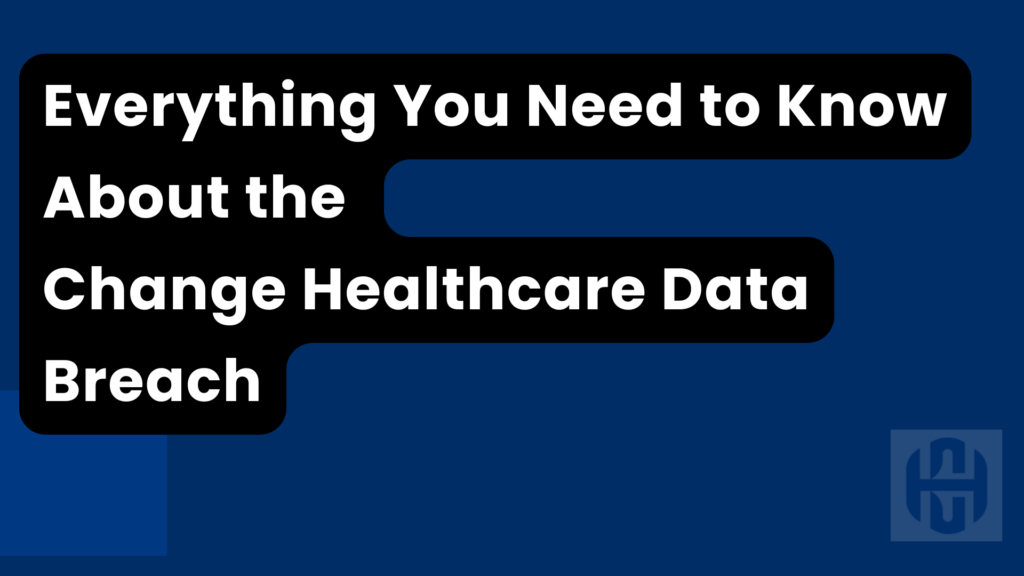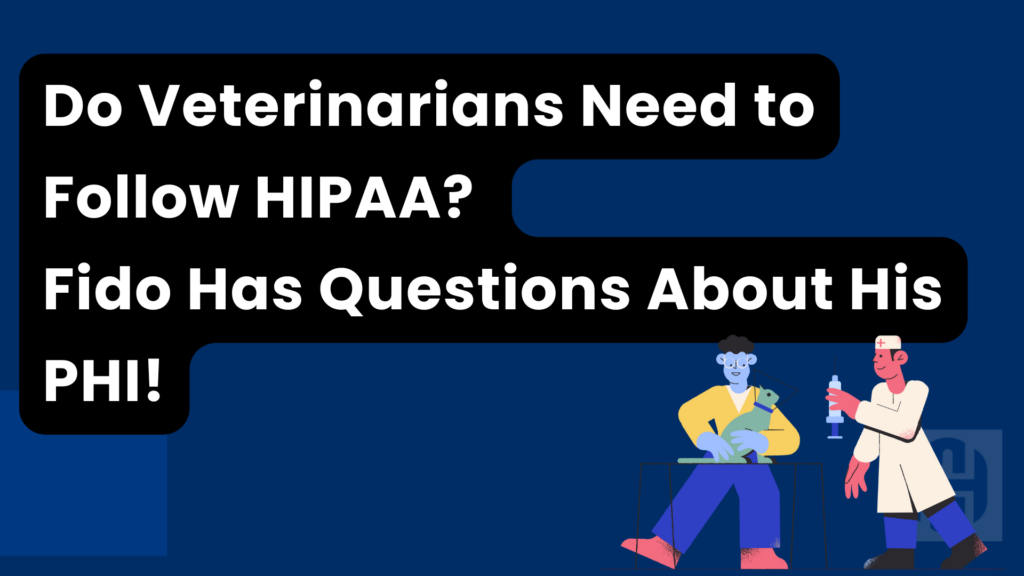Do Vets Need to Worry About HIPAA Compliance?
You’re at the vet with your dog, who’s got a questionable scratch. As you discuss treatment options, you notice your pup giving the vet a side-eye, as if to say, “What are you going to do with my PHI?” But it raises a valid question—do veterinarians need to follow HIPAA? While veterinarians handle pet health records, are they bound by the same privacy laws as human healthcare providers? Let’s fetch some clarity on whether HIPAA and veterinarians mix and uncover what it all means for pet owners and the veterinary industry.
What Is HIPAA and Who Needs to Comply?
The Health Insurance Portability and Accountability Act (HIPAA) was introduced in 1996 with the main goal of protecting Protected Health Information (PHI) for individuals. PHI includes sensitive details such as medical histories, diagnoses, treatments, and billing information. HIPAA compliance ensures that healthcare providers and related entities safeguard patient information and keep it confidential.
Who Needs to Comply with HIPAA?
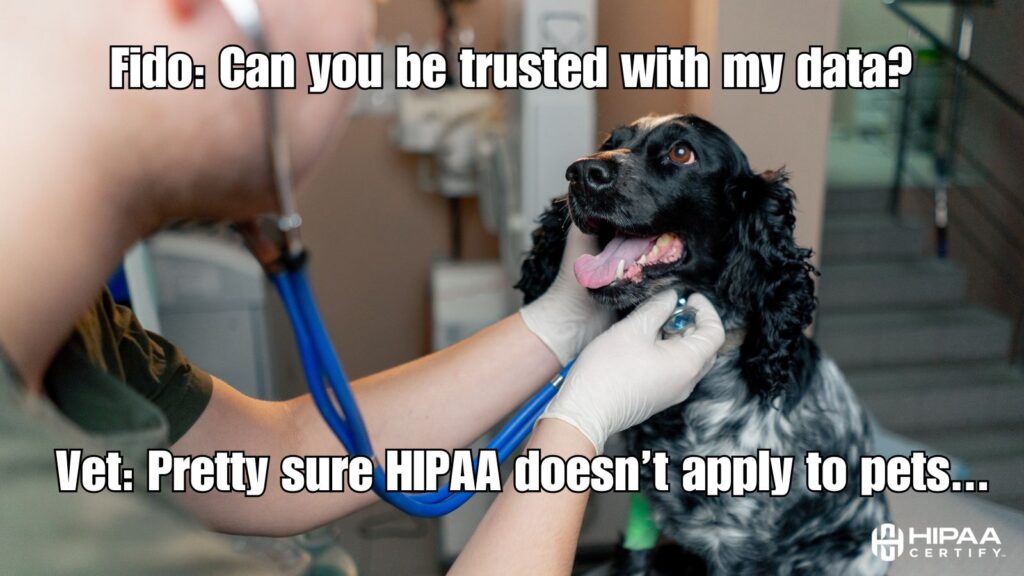
HIPAA compliance is mandatory for healthcare providers, health plans, and healthcare clearinghouses. Additionally, any third-party organizations or “business associates” that handle patient information on behalf of these entities must also comply with HIPAA. So, HIPAA is intended to protect human PHI—not necessarily your four-legged friend’s.
Are Veterinarians Considered Healthcare Providers?
Veterinarians are technically not classified as healthcare providers under HIPAA because they provide medical care to animals rather than humans. This means that veterinary practices do not fall under HIPAA requirements and do not need to follow the strict privacy and security measures that human healthcare providers are required to implement.
However, while veterinarians don’t need to worry about HIPAA, they must still adhere to state and federal laws on protecting sensitive information. Additionally, pet owners’ personal details are often linked to pet medical records, so it’s still crucial for veterinary offices to maintain high standards of confidentiality.
What About Fido’s PHI? Does HIPAA Protect My Pet’s Privacy?
This is where things get a bit amusing. Since HIPAA only covers human PHI, it doesn’t protect the medical records of your dog, cat, or any other animal. So while it might be fun to imagine your dog asking, “What are you going to do with my PHI?”, the reality is that pet health information (PHI) isn’t covered by HIPAA. However, many veterinarians voluntarily follow high standards of record-keeping and privacy to ensure that pet owners feel secure.
If Not HIPAA, What Laws Apply to Veterinarians?
Though HIPAA compliance is not required, veterinarians are still responsible for protecting their clients’ data through other legal means. Here’s a breakdown of what veterinarians need to know:
State Laws on Veterinary Record Confidentiality
Some states have laws that regulate the confidentiality of veterinary records. For instance, in certain states, veterinarians cannot share pet medical records without the pet owner’s consent. Make sure to check local laws, as they vary widely.
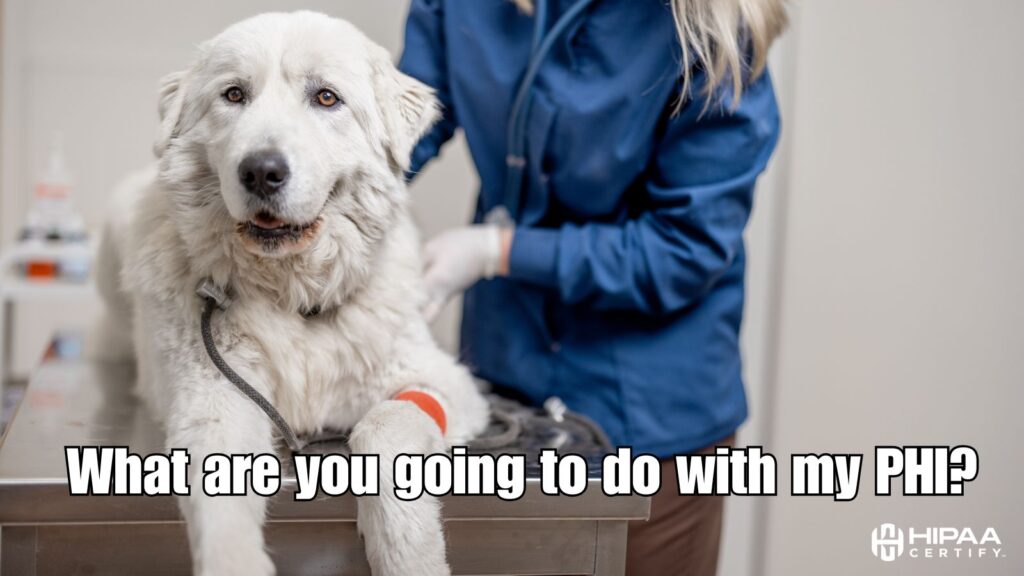
Veterinary Medical Board Guidelines
Many Veterinary Medical Boards outline guidelines for proper record handling, storage, and disposal. While these rules don’t carry the same weight as HIPAA, they set a precedent for good practices and professionalism.
Data Privacy for Client Information
Since pet records often contain owner information like addresses and billing details, veterinarians should take steps to secure this data under general data privacy standards. This might involve basic security measures like password-protecting files or limiting access to sensitive information.
Best Practices for Veterinarians in Data Privacy
Although veterinarians aren’t required to meet HIPAA standards, adopting data privacy best practices can help build trust with clients and protect sensitive information. Here are some tips for veterinarians on safeguarding pet records:
Use Secure Record-Keeping Software
A digital record-keeping system that’s secure and easy to access helps organize data while keeping it protected. Look for software that offers encryption and access control features.Train Your Staff on Data Privacy
Training your team on privacy measures is crucial. Ensure that employees understand the importance of handling pet owner information with care, even though HIPAA doesn’t apply.Limit Access to Client Data
Not everyone in the practice needs full access to all records. Limit access based on job responsibilities and use permissions to restrict sensitive information.Keep Physical Files Secure
If you store physical records, ensure they’re in a locked, secure location that only authorized personnel can access. Simple steps like this can help keep client data safe.Develop a Clear Data Disposal Policy
Have a clear plan for when and how you dispose of old records. Shredding physical files and securely deleting digital ones will keep past client information protected.
How HIPAA-Like Practices Can Benefit Veterinary Clinics
Even though HIPAA compliance isn’t required, adopting similar data protection standards can be beneficial for veterinarians. Here’s why:
- Builds Trust: When clients know their personal information is handled securely, they feel more comfortable sharing details with the clinic.
- Improves Efficiency: Organized, secure record-keeping systems make it easy to locate information when needed and avoid mistakes.
- Prepares for Future Regulations: As data privacy laws evolve, having strong protocols in place now can make compliance with any future regulations much easier.
Common Misconceptions About HIPAA and Veterinarians
“Vets Are Required to Follow HIPAA”
This is false. Veterinarians are not bound by HIPAA regulations because these rules apply only to human healthcare providers.“My Pet’s Records Are Completely Public”
While veterinarians aren’t required by HIPAA to protect pet records, most clinics still adhere to confidentiality standards and keep client data private.“Veterinary Offices Aren’t Secure”
Many veterinary practices take data security seriously, even though they aren’t required to by law. They often use the same types of digital security systems found in human medical offices.
Should Veterinarians Follow HIPAA Standards Voluntarily?
In an era where data privacy is becoming a priority, many veterinary practices are choosing to adopt HIPAA-like standards voluntarily. Though not required, doing so can set a clinic apart and strengthen client loyalty. Clinics that prioritize security, transparency, and confidentiality find that clients appreciate the extra effort, even if it’s not legally mandated.
HIPAA for Pets? Not Exactly, But Privacy Still Matters!
In summary, veterinarians aren’t required to comply with HIPAA because it only applies to human healthcare providers. However, respecting privacy and keeping data secure is important for client trust and business reputation. So, while your dog might not need to worry about HIPAA, a responsible veterinary clinic will still take steps to protect both pet records and pet owners’ information.
And the next time you’re at the vet and see your pup giving the side-eye, you can relax—while there may not be any PHI at stake, your vet’s commitment to privacy is still in good hands.
